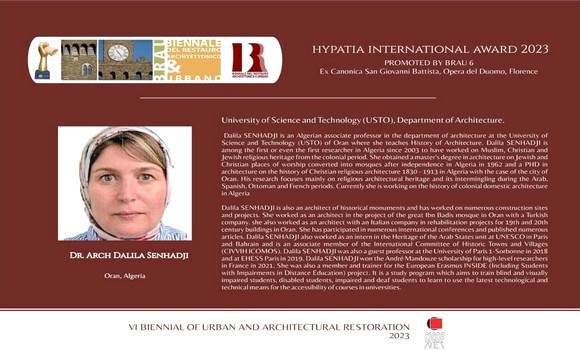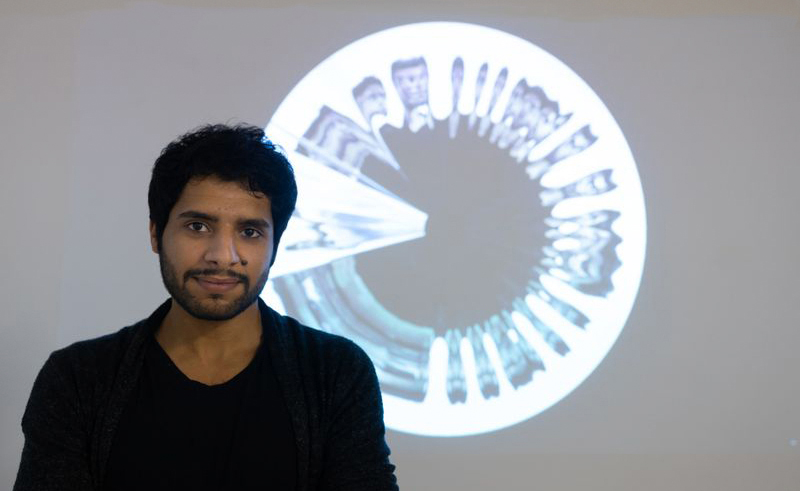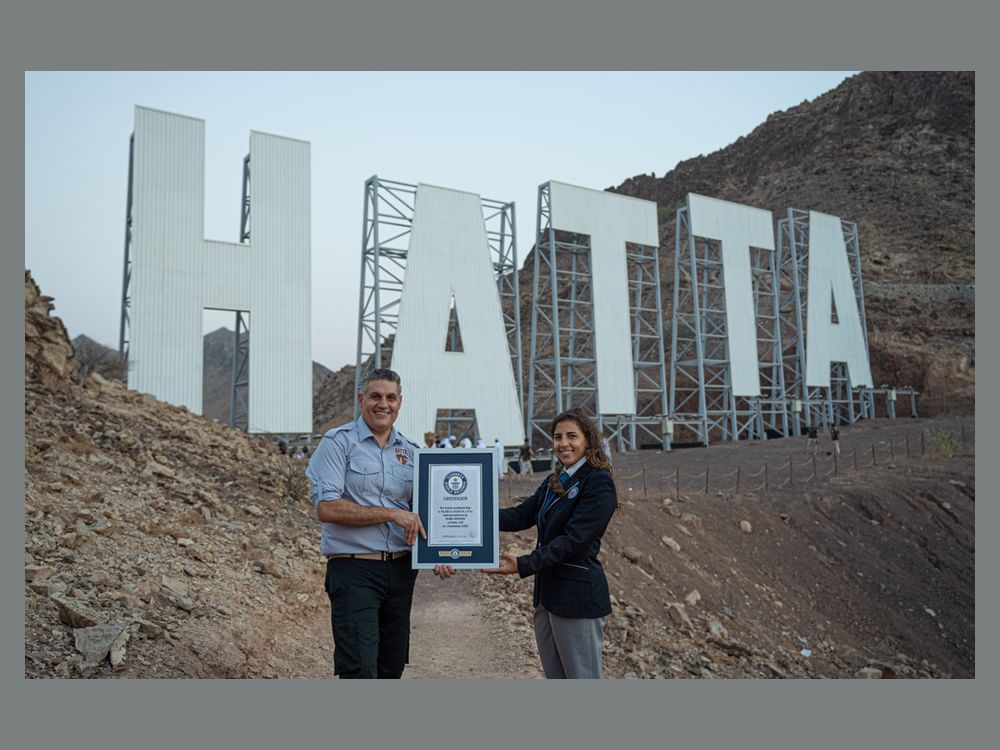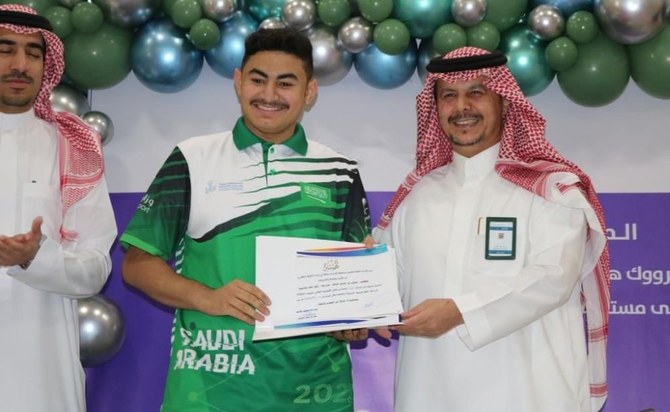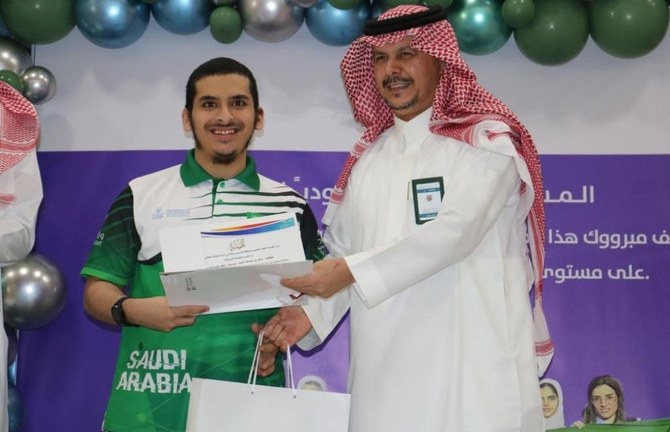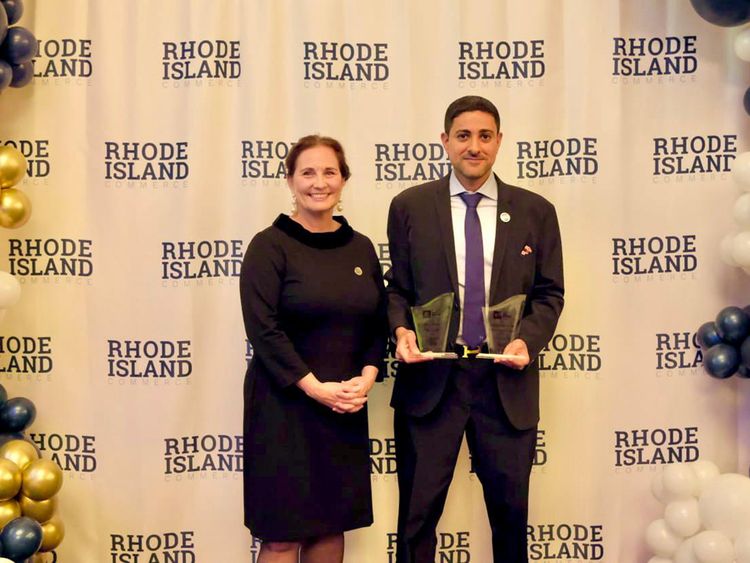With Israel and Hamas at war in Gaza, books about the Palestinian issue and its history are in demand. One best-seller, the Palestinian academic and historian Nur Masalha’s “Palestine: A Four Thousand Year History”, argues that there is an urgent need to teach a history of the land and its people based on facts, not myths.
Masalha’s book was published in English in 2018 and was made available in Arabic in 2019 by the nonprofit Centre for Arab Unity Studies, based in Beirut. The author notes on Facebook that the book has topped Amazon best-seller lists in four categories: prehistory, prehistoric archaeology, Bible hermeneutics, and antiquities.
A Hijacked History
Masalha is currently a member of the Centre for Palestine Studies at SOAS, University of London, and is a former director of the Centre for Religion and History at St. Mary’s University, Twickenham.
His book examines Palestine’s distant history and the attempts of Israel’s founders to hijack that history with non-scientific interpretations, changing the names of Palestinian cities and villages to Hebrew ones, and even changing the names of Israel’s founders and leaders from the names they were born with in Russia, Poland, Ukraine, and elsewhere, to Hebrew names.
In his introduction to the Arabic edition, Masalha expresses the hope that his book will “draw attention to the history, heritage, and deep roots of the Palestinians, the indigenous Arab population of Palestine”.
Nur Masalha’s book explores Palestine’s history, identity, and cultures from the Late Bronze Age until the modern era. The author hopes it “challenges the colonial approach to Palestine and the malicious myth of a land without a people.”
The book tells us that “Palestine” was the land’s name throughout ancient history. The name was first documented in the Late Bronze Age, about 3,200 years ago, and later in Greek sources. The name was used between 450 B.C. and 1948 A.D. to describe “a geographical area between the Mediterranean Sea, the Jordan River and various neighbouring lands.”
The book explores Palestine’s evolution, history, identity, languages, and cultures from the Late Bronze Age until the modern era. The author points out that “the history of Palestine is often taught in the West as the history of a land, not as Palestinian history, or the history of a people.” He thus hopes his book “challenges the colonial approach to Palestine and the malicious myth of a land without a people.”
Masalha uses a wide range of evidence and contemporary sources to examine the history of Palestine.
It also seeks to trace the beginnings of the concept of Palestine in geographical, cultural, political, and administrative policies. He argues that the Israelites’ conquest of the land of Canaan, and other basic stories in the Old Testament, are “mythical narratives” that try to establish a false awareness, not an evidence-based history following facts.
Updating History Textbooks
Masalha believes that history textbooks and curricula “must be based on historical facts placed in their context, concrete evidence, and archaeological and scientific discoveries, rather than on traditional opinions, imaginary narratives from the Old Testament, and repeated religious-political doctrines that are narrated for the benefit of influential elites.”
According to the book, some historians have argued that Palestine did not exist as a formal administrative entity until the British Mandate for Palestine was created after World War I. In reality, Masalha says, Palestine has existed as an administrative entity and an official state “for more than a thousand years.”
Masalha believes that history textbooks and curricula “must be based on historical facts placed in their context, concrete evidence, and archaeological and scientific discoveries, rather than on traditional opinions [and] imaginary narratives.”
The book charts the ancient origins of the name “Palestine” among the country’s multiple religious beliefs. Masalha says that, after more than 150 years of excavations in and around Jerusalem, there is still no historical, archaeological, or practical evidence of the “Kingdom of David” around 1000 B.C. The reason there is no material or practical evidence for the “United Kingdom of David and Solomon” and for other comprehensive narratives from the Old Testament, he argues, is simple: “They are invented traditions.”
Hebraised Names
Masalha gives a list of Israeli leaders who were born with Russian and Eastern European names but later adopted names with a Hebrew ring. They include:
- David Ben-Gurion (1886–1973), Israel’s first prime minister and minister of defence, who used the Israeli army after 1948 to impose general Hebraisation and “purification” of surnames and personal names. Ben-Gurion was born as David Grün in an area of Poland then part of the Russia Empire. His mother’s name was Scheindel.
- Moshe Sharett, who became Israel’s foreign minister in 1948 and served as prime minister from 1954 to 1955, was born as Moshe Chertok in 1894 in Kherson, then part of the Russian Empire and now in Ukraine. He chose to Hebraise his surname in 1949, after the establishment of the State of Israel.
- Golda Meir, who was prime minister of Israel between 1969 and 1974, was born Golda Mabovitch in Kiev in 1898, and became Golda Meyerson by marriage in 1917. It is worth noting that she did not change her surname until she became minister of foreign affairs in 1956.
- Menachem Begin, founder of the Likud Party and prime minister of Israel from 1977 to 1983, was born Mieczyslaw Begin in 1913 in Brest-Litovsk, then part of the Russian Empire and now Brest, Belarus.
- Yitzhak Shamir, who served as Israel’s prime minister twice between 1983 and 1992, was born Itzhak Yezernitsky in 1915 in an area that is now part of Belarus.
- Ariel Sharon, who was prime minister from 2001 to 2006, was born Ariel Scheinerman in colonial Palestine in 1928. His parents, Shmuel and Vera, whose name later became Dvora, emigrated to Palestine from Russia.
Masalha says that until the advent of European Zionism, members of Palestine’s Arabic-speaking Jewish minority were fondly known as “the Jews, children of the Arabs,” and were an integral part of the Palestinian people, Arabic being their language, culture and heritage.
Settler Colonialism
The book also addresses the settler colonialism at the heart of the Palestine conflict. Settler colonialism is a “structure, not an event”, according to Masalha, and is “deeply embedded in European colonialism.”
He argues that British colonialists, by denying the existence and rights of indigenous peoples, often viewed vast areas of the globe as “terra nullius”, land that belonged to “nobody.”
The author finishes by stressing that “decolonising history and restoring and preserving the ancient heritage and material culture of the Palestinians and in Palestine, are two vital matters.”
He adds: “There is an urgent need to teach the ancient history of Palestine, and the history of the local Palestinians (Muslims, Christians, Samaritans, and Jews), including the production of new and critical Palestinian textbooks, for schools, institutes, and universities, as well as for millions of exiled Palestinian refugees.”
He also believes that “this understanding and education must include the new critical archaeology of Palestine, the new critical understanding of antiquities, and the memories of this country.”
source/content: al-fanarmedia.org (headline edited)
______________

Nur Masalha’s “Palestine: A Four Thousand Year History” challenges the “colonial” approach to Palestine as “a land without a people.”
_____________
PALESTINE
